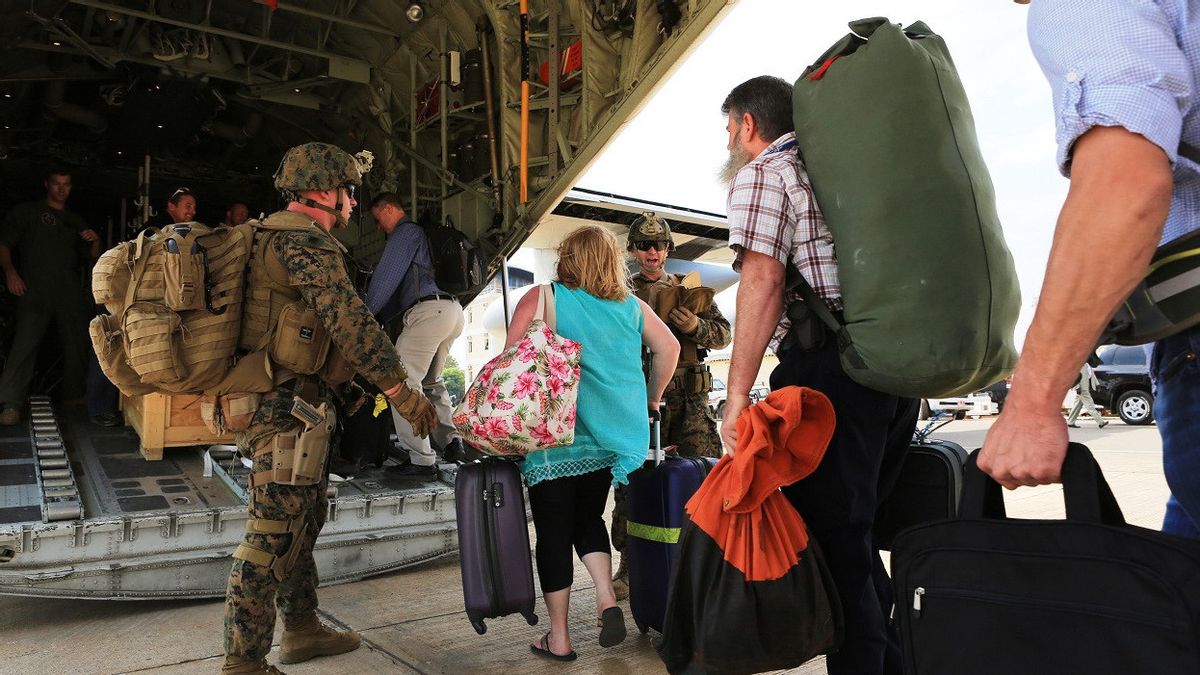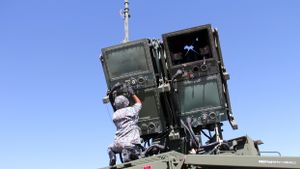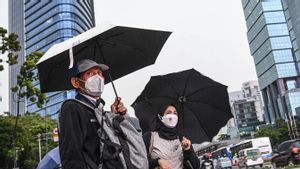JAKARTA - The head of the United Nations refugee agency estimates that about one million people will be recorded as fleeing Sudan until next October, saying the conflict there risks increasing human trafficking and the spread of weapons in vulnerable areas.
To date, more than 350,000 people have fled across Sudan's borders, since the war between the army and Rapid Support Forces (RSF) erupted on April 15, with most heading for Egypt, Chad and South Sudan.
Meanwhile, more than 1 million people have fled within Sudan, which has a population of 49 million, where fierce fighting has hit residential areas in the capital Khartoum, while violence has also flared up in the western region of Darfur.
UNHCR estimates that about 800,000 Sudanese and 200,000 people from other countries will leave Sudan within six months, the head of the refugee agency, Filippo Grandi, said in an interview in Cairo after a visit to Sudan's borders.
"This projection, that in the next few months we will reach this high figure, may even be conservative," he said.
"At first I didn't believe it would happen, but now I'm starting to worry," he continued.
Countries bordering Sudan, including South Sudan, the Republic of Central Africa, Ethiopia, and Libya, were affected by the recent conflict.
The collapse of law and order in Sudan and "many people desperate to move" will be fertile ground for human trafficking, while weapons circulating across the border could lead to more violence, Grandi said.
"We have seen it in Libya with the Sahel. We don't want it to happen again, because it will be a multiple of crises and humanitarian issues," he explained.
Separately, the United Nations (UN) has asked for $470 million in funds to respond to refugees to the Sudan crisis over the course of six months, a number that Grandi says is only funded 1 percent, adding a donor pledge conference "very much needed" and Ukraine's busy international community is not paying enough attention.
"You can clearly feel a very dangerous gap. This crisis has the potential to destabilize the entire region and more than that, as is the case in Ukraine, in Europe," he said.
VOIR éGALEMENT:
Grandi said UNHCR was trying to build a presence in the northern Sudan city of Wadi Halfa, where many Sudanese men aged 16-50 were trapped in applying for visas to enter Egypt, but he was not sure when this could be done. Meanwhile, women, children and parents do not need visas.
He also said aid needed to be sent to the buffer zone between Egypt and Sudan border posts, where those who fled had to wait a long time.
It is known, since the conflict began, nearly 160,000 people have crossed from Sudan to Egypt, which has become home to Sudan's large community.
The English, Chinese, Japanese, Arabic, and French versions are automatically generated by the AI. So there may still be inaccuracies in translating, please always see Indonesian as our main language. (system supported by DigitalSiber.id)


















